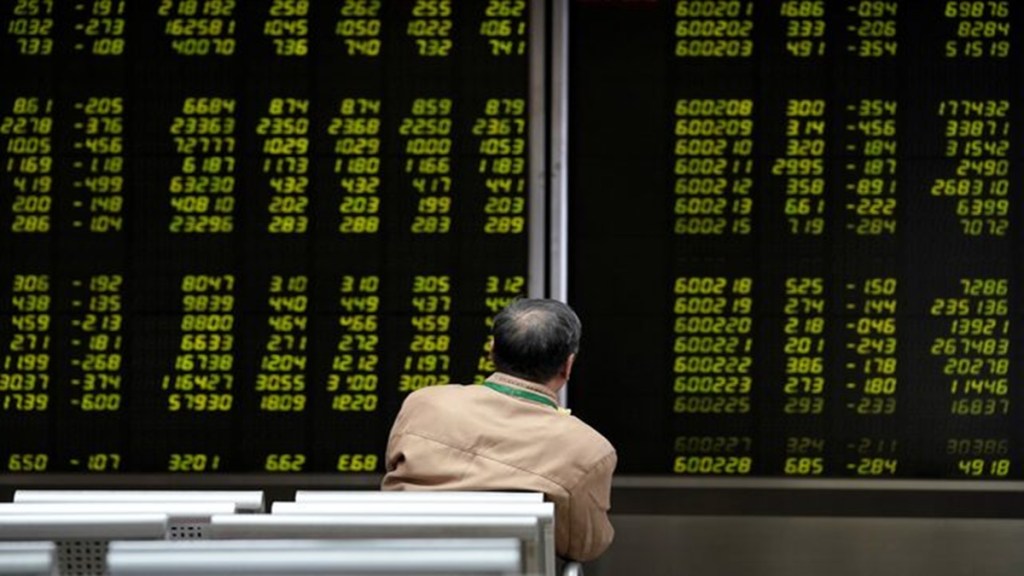India may benefit from continued shifting of US trade and foreign investment flows away from China post US Presidential elections in November as America further restricts investments into strategic sectors and global companies seek to reduce their exposure to China, Moody’s Ratings said.
“India and ASEAN countries stand to benefit from those redirected flows. But if more restrictive US measures slow China’s exports and GDP growth, the slowdown will ripple across APAC (Asia-Pacific) economies with strong links to China,” Moody’s said.
Continued or more restrictive trade measures will have credit implications for multiple sectors in APAC. Chinese sectors with significant exposure to US final demand include computer and electronic products, electrical equipment and chemical products.
“More protectionist trade policies will also increase credit risks for Japanese and Korean automakers. But certain sectors in India and parts of Southeast Asia such as computer and electronic products, and textiles could benefit from new growth prospects in the US,” it said.
Global companies will continue to divert investments from China to other parts of APAC and the rest of the world. ASEAN and India could be attractive because they are receptive to foreign investments and their manufacturing competitiveness is increasing.
“We expect the China+1 strategy – multinational companies maintaining a significant presence in China while establishing or expanding production capacity in another country – will continue as these companies de-risk from China over time,” Moody’s said.
Meanwhile, Chinese companies will redirect investments away from the US and seek new growth opportunities in other parts of the world, as well as locally.
“We also expect opportunities for Indian pharmaceutical companies that are already leading suppliers of generic drugs into the US. This sector could benefit from the US potentially lowering dependency on China for sourcing active pharmaceutical ingredients in generic drugs manufacturing,” Moody’s said.
Vietnam and India would be beneficiaries in consumer electronics as investments are diverted away from China. While China currently has one of Apple Inc’s largest production facilities, Hon Hai Precision Industry Co Ltd (Foxconn) and Pegatron Corporation have already set up facilities in India that manufacture various iPhone models. Following Tata Electronics’ acquisition in October 2023 of a 100% stake in Wistron Corporation, the company is expanding its iPhone assembly hub in India.
Moreover, APAC ports outside China can benefit from manufacturing foreign direct investment (FDI) shifts (e.g., India) and from higher trans-shipment volumes (e.g., Singapore, which has strong port connectivity).
Countries that have not expressed clear alignments, such as India and Indonesia, will leverage opportunities to serve as alternatives to direct trade linkages for both the US and China.

